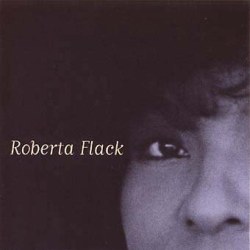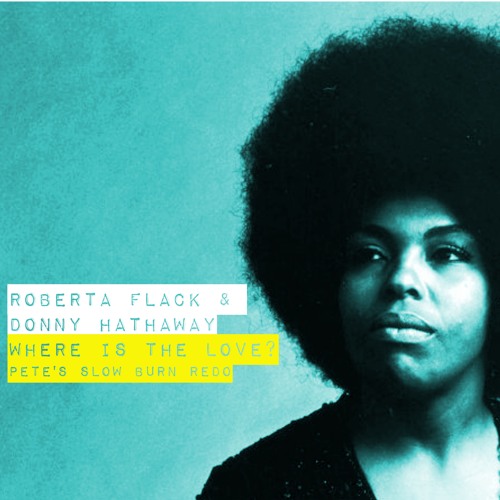

He is, however, still loved by many black listeners and singers. Just 33, his apparent suicide stunned friends and associates. The glass had been neatly removed from the window, and there were no signs of struggle, leading investigators to rule Hathaway’s death a suicide, though there were rumors that he may not have killed himself. The song became a hit, and in 1978, it became the pair’s second R&B number one and also made it to number two on the pop charts.īut suddenly on January 13, 1979, Hathaway was found dead on the sidewalk below the 15th-floor window of his room in New York’s Essex House. In 1977, Hathaway ironed out his differences with Flack and temporarily left the hospital to record another duet, “ The Closer I Get to You,” for her Blue Lights in the Basement album. He, nonetheless, released one more album that year, Extension of a Man, and then left the spotlight.
His mood swings also affected his partnership with Flack, which began to crumble in 1973, writes.
Roberta flack donny hathaway 1972 rar series#
The soft, romantic ballad “ Where Is the Love?” topped the R&B charts, went Top Five on the pop side, and won a Grammy with the accompanying album going gold.Īlso in 1972, Hathaway went into soundtrack work, recording the theme song for the TV series Maude and scoring the film Come Back Charleston Blue.ĭespite things falling in place for the gifted entertainer, Hathaway battled severe bouts of depression, which occasionally landed him in the hospital.
Roberta flack donny hathaway 1972 rar full#
It was a significant hit, reaching the Top Ten on the R&B charts, and sparked a full album of duets, Roberta Flack & Donny Hathaway, which was released in 1972. In 1971, he released his eponymous second album and recorded a duet with former Howard classmate Roberta Flack, covering Carole King’s “ You’ve Got a Friend.” Hathaway’s acclaimed debut LP, Everything Is Everything, got released in early 1970. 1,” which still ranks as a classic soul message track, sampled by numerous hip-hop artists.

He signed with Atco as a solo artist and released his debut single, the inner-city lament “T he Ghetto, Pt. Hathaway thus became a house producer at Mayfield’s Curtom label, and in 1969 cut his first single, a duet with June Conquest called “ I Thank You Baby.” He joined the Mayfield Singers, a studio backing group that supported Curtis Mayfield’s Impressions. Hathaway first worked behind the scenes as a producer, arranger, songwriter, and session pianist/keyboardist supporting the likes of the Staple Singers, Aretha Franklin and Jerry Butler.


 0 kommentar(er)
0 kommentar(er)
